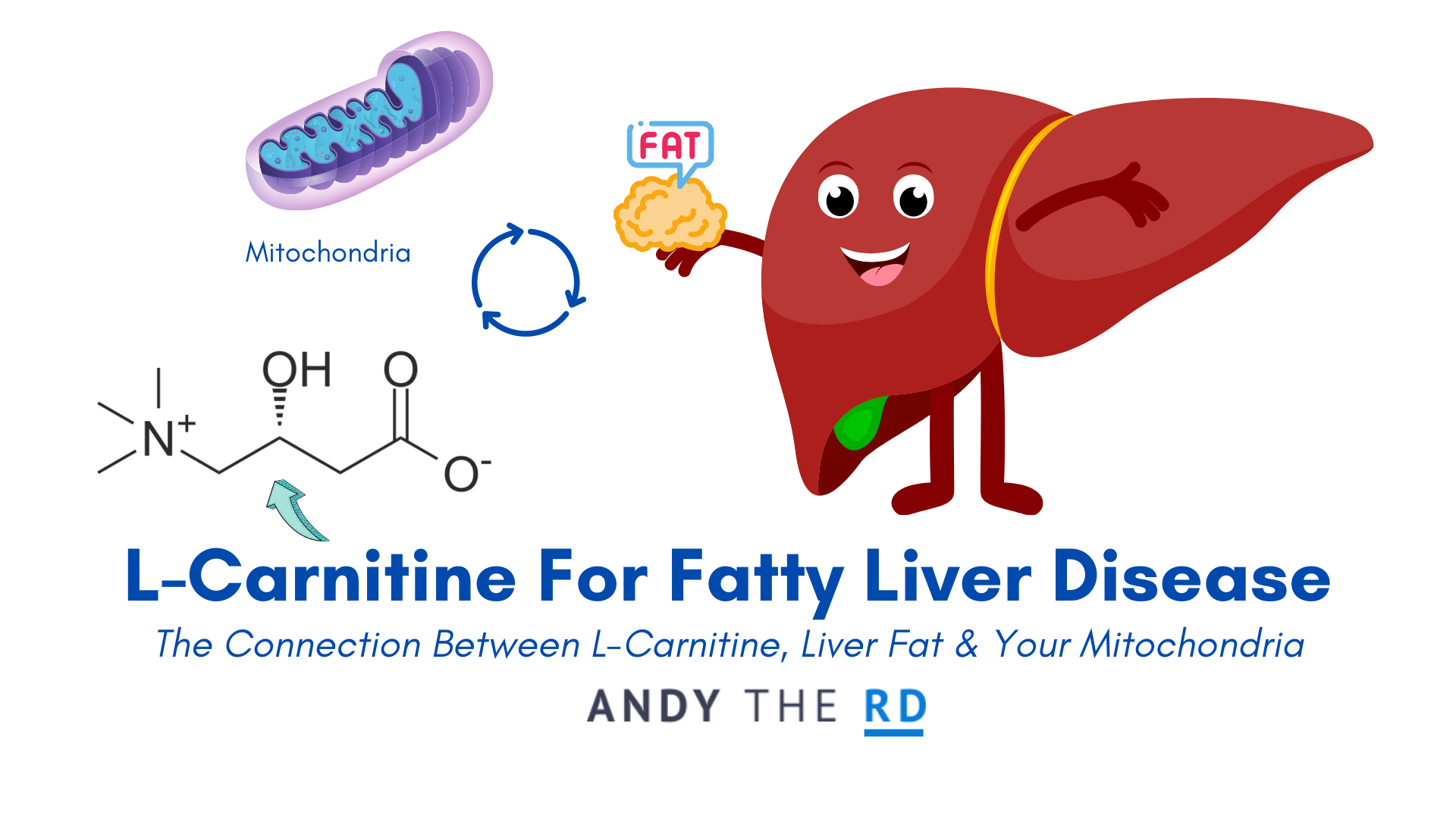L-Carnitine is a naturally occurring compound in the human body that has an important role to play in fat metabolism and also happens to be widely available in supplemental form.
It has recently garnered a good deal of scientific interest as an emerging low-risk, low-cost supplement that could assist with the management of fatty liver disease.
Allow me to explain the reasons why:
1. L-Carnitine Is Made In The Liver: Which means, in theory, a liver that is compromised in some regard (as in fatty liver disease) may have a reduced ability to produce L-Carnitine.
It has been suggested that those with fatty liver disease may have lower circulating levels of L-carnitine for this, or other, reasons
2. L-Carnitine Plays An Important Role In Fat Metabolism: Fatty liver disease is, on some level, a disease of fat metabolism since the condition is characterized by storage of fat where it shouldn’t be – on the liver.
L-Carnitine also plays a role in carbohydrate metabolism, meaning it may be linked with insulin resistance – another characteristics feature of NAFLD.
More on this under point #3
3. L-Carnitine Interacts With The Mitochondria: In my previous post on saturated fat and fatty liver disease, I alluded to an emerging scientific theory that high saturated fat intakes worsen fatty liver disease by interfering with the proper functioning of the mitochondria.
As a refresher, the mitochondria are parts of cells responsible for carbohydrate and fat metabolism – in other words for turning fat/carbs into energy that our bodies can use.
L-Carnitine is actually a transport molecule responsible for transporting fatty acids to the mitochondria to be metabolized, which theoretically means a reduction in its bodily levels could compromise the body’s ability to metabolize fatty acids – perhaps increasing the likelihood they end up stored on the liver.
You could see then, from this admittedly gross over simplification, why L-carnitine has garnered some scientific interest in NAFLD management.
But does an L-carnitine supplement actually improve liver health as per the best available scientific evidence?
L-Carnitine For Liver Health – The Evidence
The totality of human evidence looking at L-carnitine supplementation in people living with NAFLD is very limited.
A 2023 meta-analysis out of the Systematic Reviews journal determined that L-carnitine may reduce liver enyzme levels, boost HDL (good) cholesterol and lower triglycerides in people living with fatty liver disease.
The analysis above is based on a total of 8 randomized controlled trials and determined that >~1,000 mg of L-carnitine daily over a 24 week period was most likely to yield these results.
My review of the available research seems to indicate that L-carnitine is considered a safe, affordable option but that, clearly, there is not a large or consistent enough body of evidence to make a strong claim for people living with NAFLD to consider this supplement “a must”.
There is no question that dietary optimization and the use of better studied supplements like omega-3s or probiotics are likely to be more effective.
I’m A Fatty Liver Nutrition Expert – I Can Help
If you are looking to leverage the best available science to improve your liver health via dietary changes and guided supplementation, I can help.
Reach out to discuss working together 1-on-1 on improving your liver fat & enzyme levels and everything that comes with it.
Andy De Santis RD MPH
Disclaimer
Consult your healthcare provider to clarify uncertainty around whether or not any supplement is right for you.



